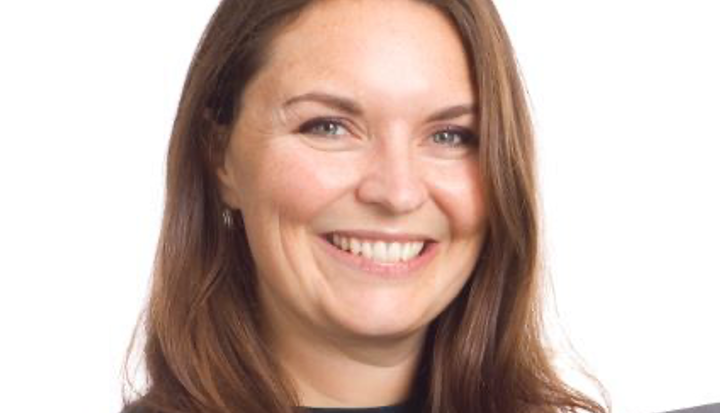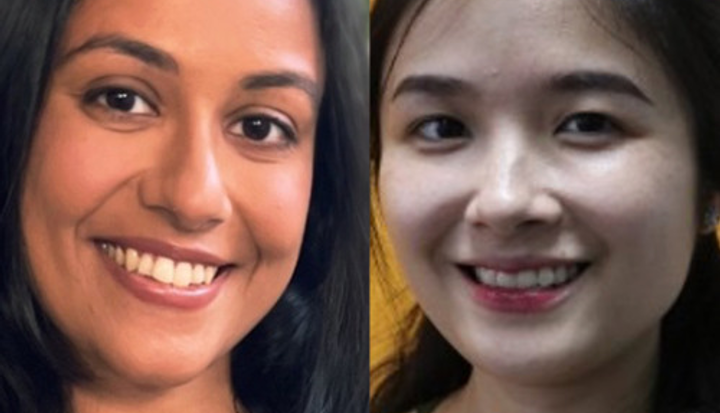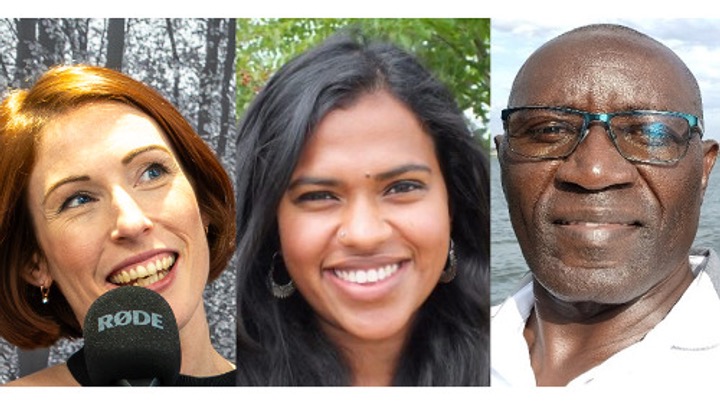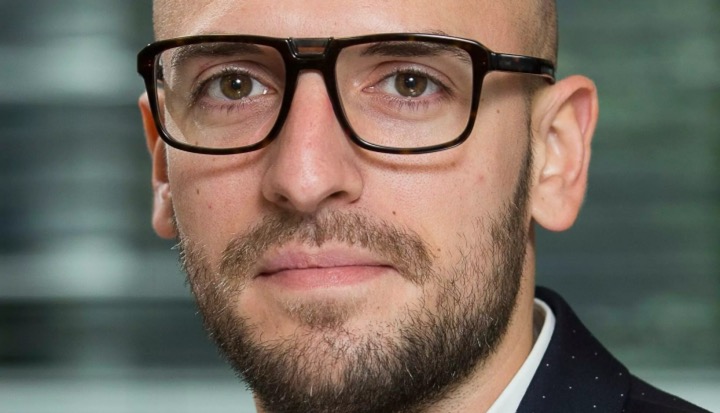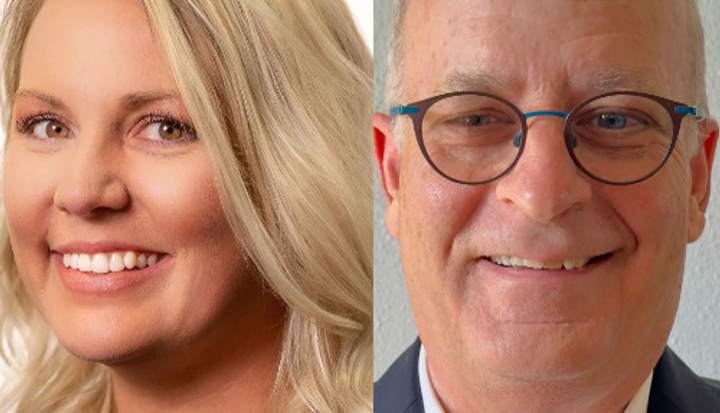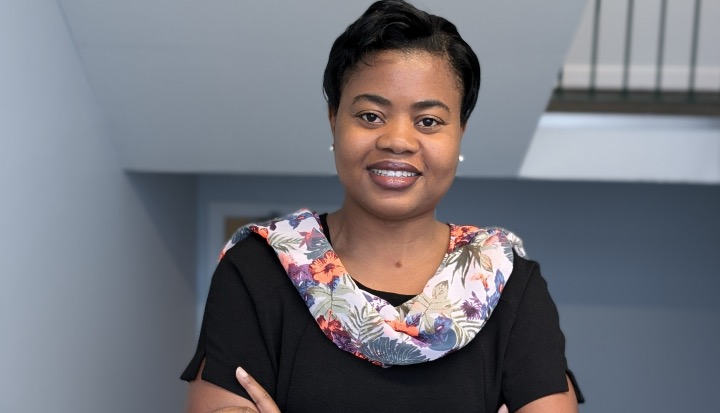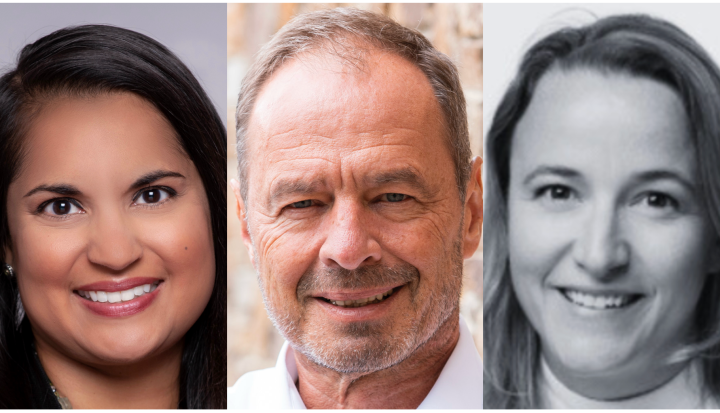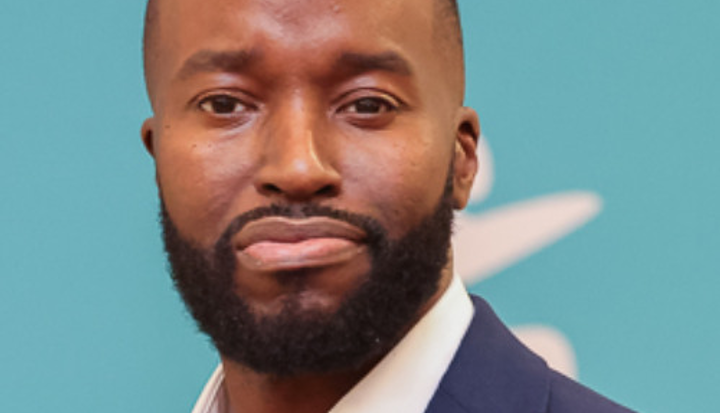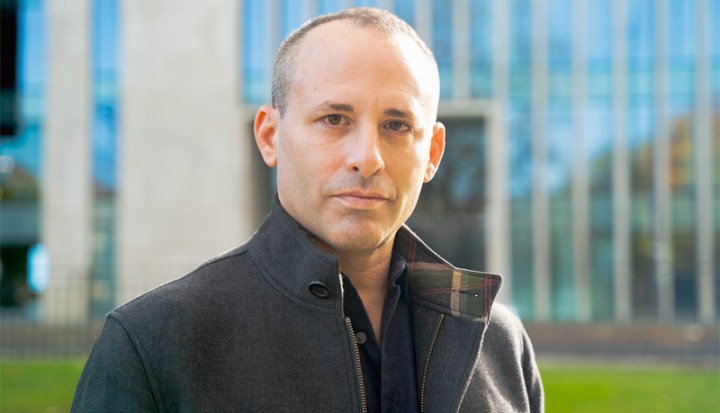BFP: What do you do?
 LT: I’m the CEO of iDE UK. iDE is a global partnership of organisations that all share the same mission to create income and livelihood opportunities for the rural poor. Founded 30 years ago by Paul Polak, iDE is a network of organisations in the UK, Canada and the USA with programmes running across 11 countries in Africa and Asia. iDE UK develops partnerships and programmes to further our mission.
LT: I’m the CEO of iDE UK. iDE is a global partnership of organisations that all share the same mission to create income and livelihood opportunities for the rural poor. Founded 30 years ago by Paul Polak, iDE is a network of organisations in the UK, Canada and the USA with programmes running across 11 countries in Africa and Asia. iDE UK develops partnerships and programmes to further our mission.
The iDE approach worldwide is to use market-based approaches to address the fundamental barriers to poverty reduction and livelihood improvement for the poorest. In our experience of over 30 years of work in Sub-Saharan Africa and Asia, agricultural growth does not come from aid but by enabling small farmers to produce and sell cash crops in the market place.
In the early 80s Paul Polak spent a lot of time learning from subsistence farmers about how they most effectively increase their incomes. The key conclusion was that the best way was to grow high value produce – such as vegetables – for market in the dry season when prices were at their highest. In order to achieve this, farmers need access to water for irrigation. This insight led to the development of interventions that work with the local private sector to make available low cost irrigation technologies through the market, helping small-scale farmers produce higher value crops. They can then sell those crops in the market at a profit, earning extra income – sometimes as much as doubling their incomes in the first season.
iDE works with farmers as customers rather than beneficiaries of charity. We see the farmers as entrepreneurs in their own right and we support local enterprises to deliver the products and services smallholder farmers need to haul themselves out of food insecurity, transforming subsistence farming into production for the market at a profit. This can include income generating products as well as advisory services – such as the Farm Business Advisors model. Over the last ten years we have also taken this market driven approach to other sectors – and now have a rapidly growing portfolio in water and sanitation such as the ‘Easy Latrine’in Cambodia.
BFP: What is the best part about your job?
LT: Undoubtedly, spending time with farmers in their fields or homestead and learning about their lives and their businesses.
BFP: What have been your greatest challenges?
LT: The pervasive ‘giveaway’ culture in the development community undermines the development of local businesses. We sometimes work for years to support the development of a market and then someone will come along and just give away what we have been supporting local businesses to sell. Despite the increasing recognition that giving things away is non-sustainable, it can be tempting when organisations are under pressure to reach targets. However, any analysis of results shows giveaways rarely bring sustainable benefits in the long term.
BFP: How have you overcome these challenges? What is the secret of your success?
LT: The secret of iDE’s success is
1) always using a customer-orientated approach. It is essential to listen to the farmers and understand their businesses; we do not regard them as beneficiaries of charity but businesses in their own right.
2) To understand and work through markets to enable farmers to become self-sustaining money-making businesses. The development of profitable businesses is the key to reaching scale.
BFP: If someone wants to do what you do, where should they start?
LT: Go visit developing countries and work on the ground there. You need to go where the action is, visit the farmers’ fields and talk with farmers, learn from them.
My background is in social anthropology and I have mainly worked for NGOs. The common thread in my career has been the focus on reaching scale. The first NGO I worked for operated in the former Soviet Union and Central Asia. We worked with governments to develop new social services for children and families – and reached scale through the ability of government to roll out services nationwide. Later I worked for an NGO in Africa and reached scale through large aid programmes. However, I felt that the impact was largely in the short term and not really changing the game. As a result of these experiences I was attracted to iDE and the contribution to development using a business-to-business approach – and reaching scale through the market.
BFP: Finally: what do you hope to get out of being part of the BFP community?
LT: There are over 800 million small farms in the developing world and we are not going to reach all of these alone! We need to work together, share experience and develop partnerships. Business Fights Poverty is a fantastic resource that can enable this to happen. It’s a meeting place where we can learn from each other and explore partnerships, helping us reach the scale required to tackle the challenges and take advantage of the opportunities that are out there.
Thank you to Lewis Temple for taking the time to do this interview.
We’re always looking out for members to feature. Help us by taking two-minutes to update your profile, or by nominating someone for Business Fights Poverty Member of the Week.
This Member of the Week interview was conducted by Yvette Torres-Rahman, BFP Member Relations Director. Read previous Member of the Week interviews here.

